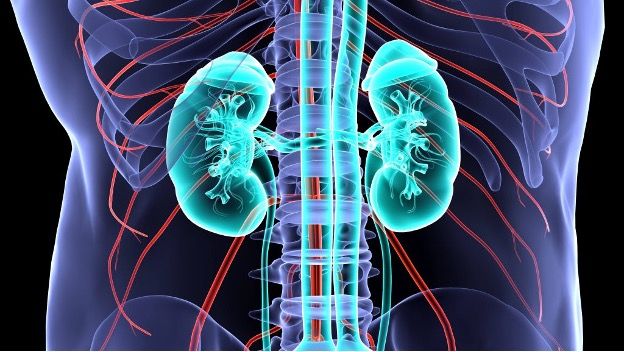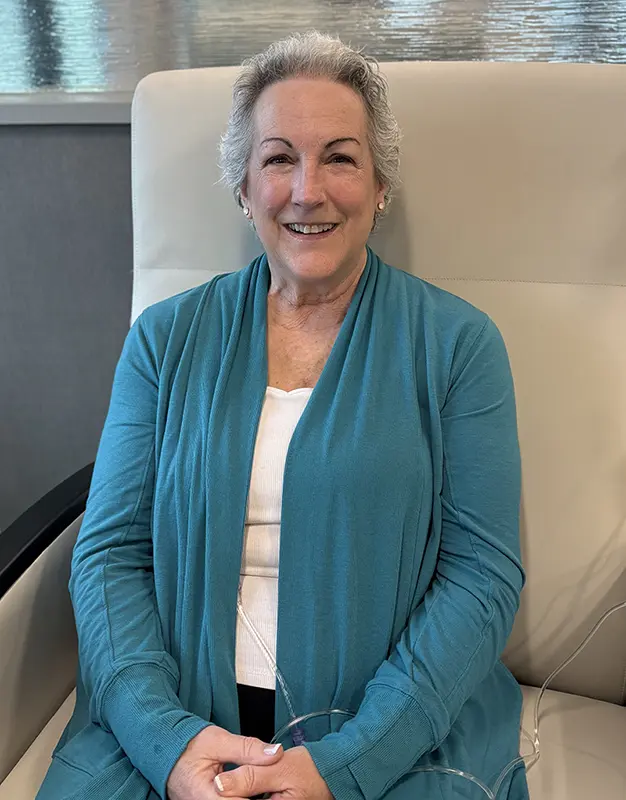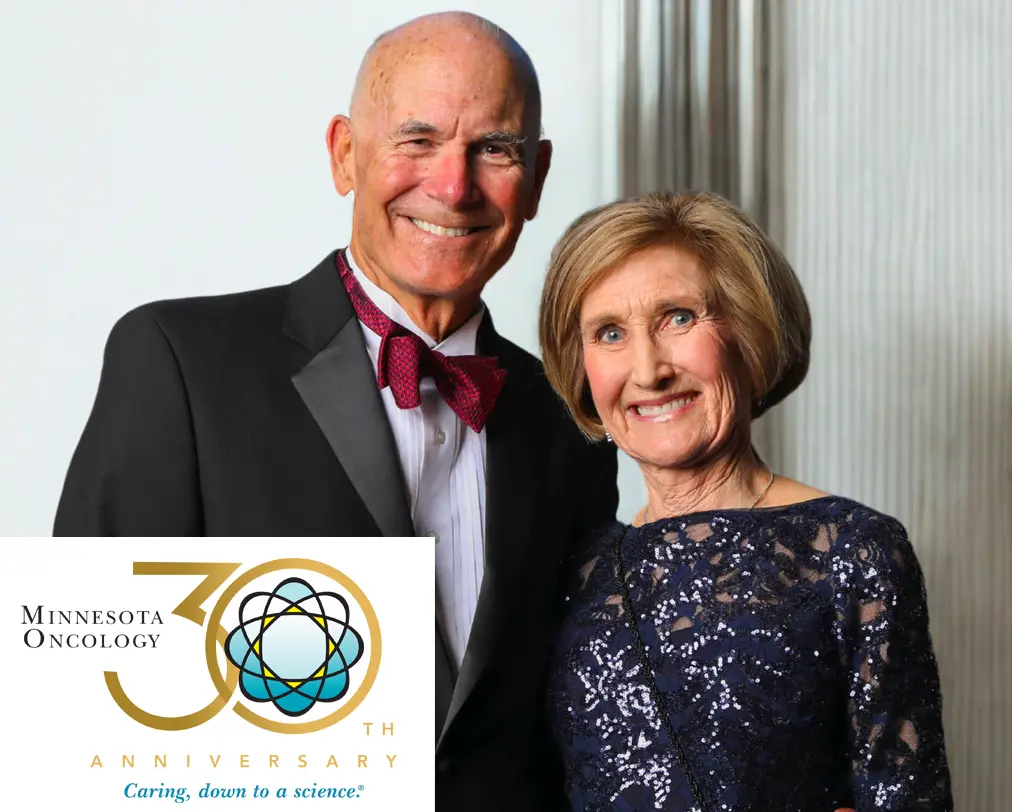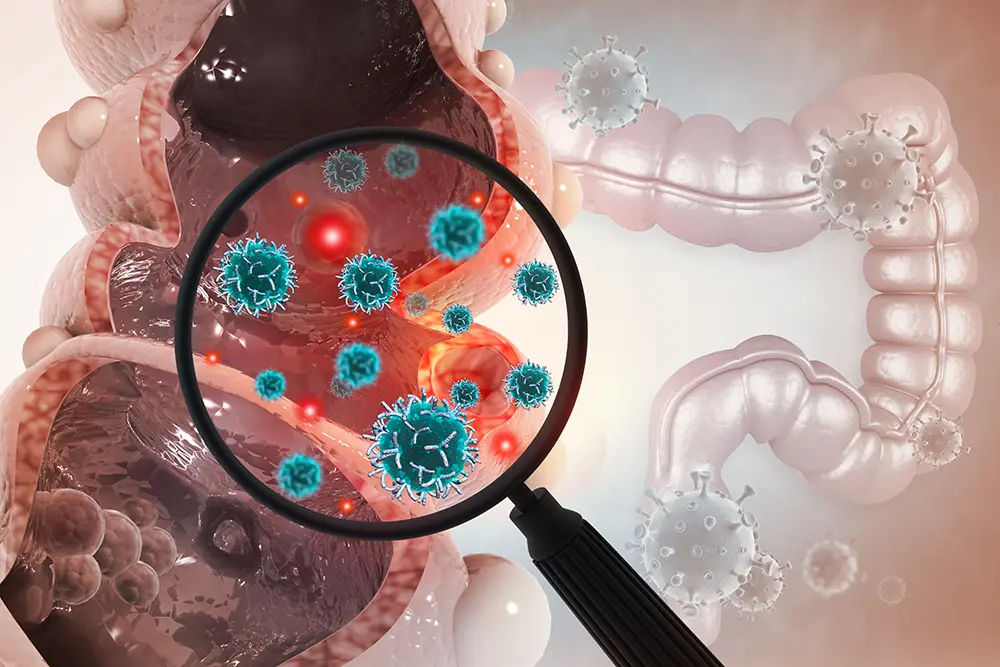This content is courtesy of Mayo Clinic, the No. 1 hospital in the nation according to U.S. News & World Report. Minnesota Oncology is a member of the Mayo Clinic Care Network. This relationship provides us with access to information, knowledge and expertise from Mayo Clinic.
March is National Kidney Month, which makes this a good time to learn about kidney cancer.
Kidney cancer is cancer that begins in the kidneys, which are two bean-shaped organs, each about the size of your fist. They're behind your abdominal organs, with one kidney on each side of your spine. The kidneys remove waste from your blood and regulate a healthy balance between water, sodium and minerals in your bloodstream.
Approximately 81,600 new cases of kidney cancer ― more than 52,000 in men and 29,000 in women ― will be diagnosed in the U.S. this year, and 14,390 people ― 9,450 men and 4,940 women ― will die from the disease, according to the American Cancer Society.
There may be no signs or symptoms early in the disease. In time, signs and symptoms of kidney cancer can develop, including:
- Blood in your urine, which may appear pink-, red- or cola-colored.
- Pain in your back or side that doesn't go away.
- Loss of appetite.
- Unexplained weight loss.
- Tiredness.
- Fever.
Factors that can increase the risk of kidney cancer include older age, smoking, obesity, high blood pressure, treatment for kidney failure, certain inherited syndromes and a family history of kidney cancer.
Treatment for kidney cancer usually begins with surgery to remove the cancer. For cancers confined to the kidney, this may be the only treatment needed. If the cancer has spread beyond the kidney, additional treatments may be recommended.
Small kidney cancers are sometimes destroyed using nonsurgical treatments, such as heat and cold. These procedures may be an option in certain situations, such as in people with other health problems that make surgery risky.
Kidney cancer that comes back after treatment and kidney cancer that spreads to other parts of the body may not be curable. Treatments may help control the cancer and keep you comfortable. In these situations, treatments may include surgery, targeted therapy, immunotherapy and radiation therapy.
Connect with others talking about living with kidney cancer in the Cancer support group on Mayo Clinic Connect, an online patient community moderated by Mayo Clinic.




